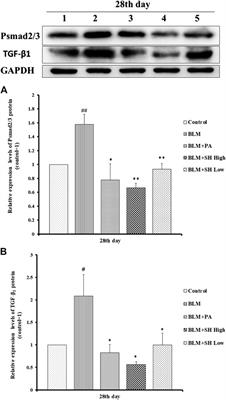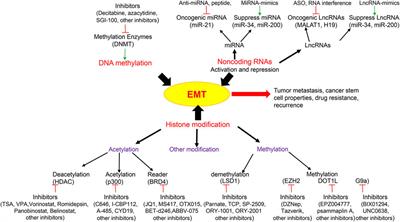EDITORIAL
Published on 06 Aug 2021
Editorial: New Approaches to Tackle EMT and Fibrosis: From Epigenetics to Nanotechnology
doi 10.3389/fphar.2021.742777
- 968 views
- 1 citation
14k
Total downloads
43k
Total views and downloads
EDITORIAL
Published on 06 Aug 2021
ORIGINAL RESEARCH
Published on 25 Feb 2021

REVIEW
Published on 11 Dec 2020

REVIEW
Published on 04 Dec 2020

REVIEW
Published on 27 Nov 2020

TECHNOLOGY AND CODE
Published on 19 Nov 2020

MINI REVIEW
Published on 17 Jun 2020
